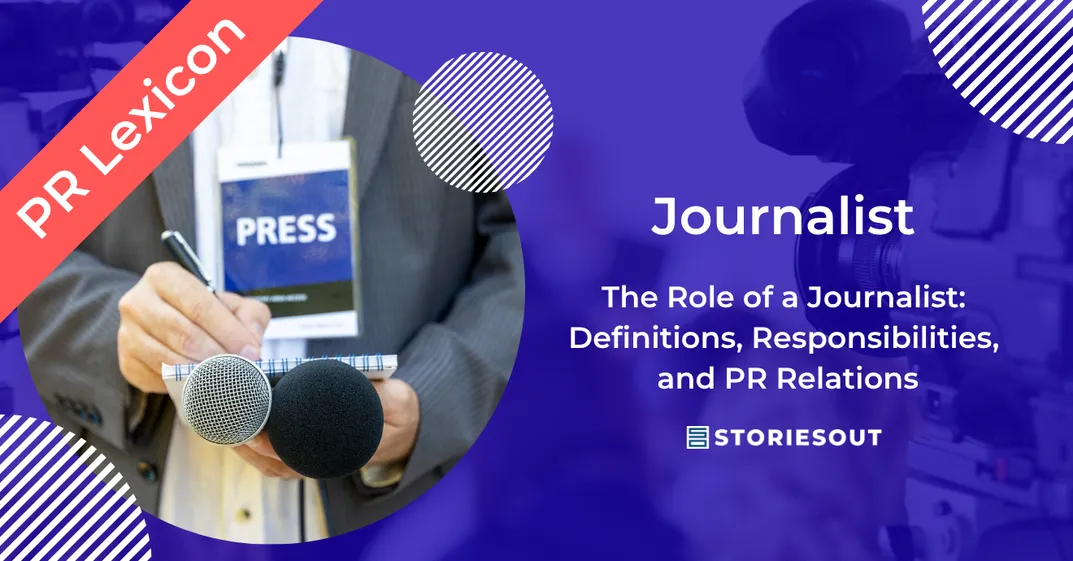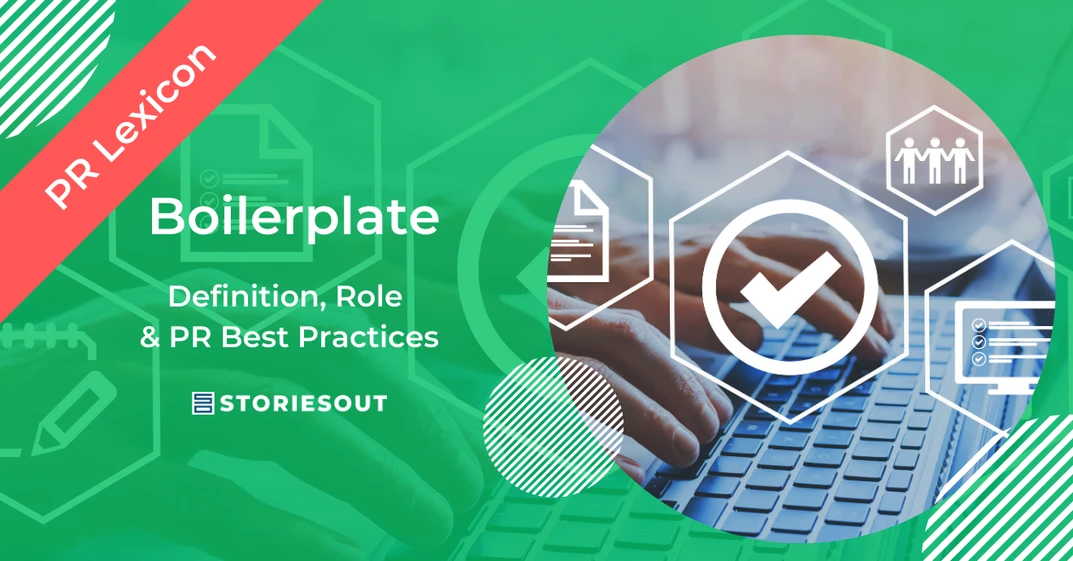Journalists and Press Relations are inseparable when it comes to corporate communications. But this profession, which everyone has heard of, sometimes remains unclear, particularly with regard to its rights and duties in France. Let’s take stock.
What Is a Journalist? Definition and Origins
In the French context, a journalist is a professional whose role is to research, verify, structure, and communicate accurate and relevant information to the public. Journalists work across various media: print, radio, television, or digital. They serve as intermediaries between reality and society — a crucial role in any democracy.
Historical background:
Modern journalism emerged in the 17th century with the rise of printed press. In the 18th and 19th centuries, the role evolved toward critical observation and public information, with the development of newspapers and a professional press corps.
Etymology:
The term journalist comes from the word journal, derived from the Latin diurnalis, meaning “daily”. A journalist was originally someone who contributed to daily publications.
Sidebar: What Sets a Journalist Apart from a Grand Reporter?
In France, the journalist is a broad professional category that includes newsroom writers, freelance contributors (called pigistes), and field reporters. Their missions vary according to the editorial line of their outlet.
The grand reporter, or senior reporter, is a subtype of journalist dedicated to long-form reporting, often in the field, abroad, or in complex or high-risk environments. Their work is typically recognized for its depth, narrative strength, and investigative dimension.
Journalists’ Rights and Responsibilities (in the French Framework)
In France, the profession is governed by legal status and ethical codes, including the Charte d’éthique professionnelle des journalistes, issued by national unions like the SNJ (Syndicat National des Journalistes). This charter outlines key responsibilities:
- Rigorous fact-checking
- Independence from external influence
- Respect for privacy and dignity
- Protection of confidential sources
- No plagiarism or distortion of facts
Journalists benefit from legal protections and rights, such as:
- A recognized professional status (with a press card)
- Source protection (guaranteed by law)
- Editorial independence
- The right to a “conscience clause” to leave an editorial line they no longer support
These principles are specific to the French legal and professional system, and may differ significantly in other countries.
How the Profession Has Evolved
Journalism is undergoing profound changes:
- Digitization: Print is giving way to digital-first models, accelerating content cycles.
- Multimedia skills: Journalists must now write, shoot, record, and edit across formats.
- Precarious work: Freelance work (piges) is increasingly common, often without full protection (see our glossary entry on freelance journalists).
- Increased visibility and exposure: With the rise of social media, journalists face both direct feedback and heightened risks (harassment, disinformation, etc.).
In response, many journalists are reaffirming the core values of credibility, verification, and context, which distinguish them from influencers or content creators.
Journalist vs Blogger: What’s the Difference?
While some bloggers do investigative work or cover niche topics seriously, several distinctions remain between bloggers and professional journalists in France:
Legal Status
- Journalist (France): Recognized professional with press card
- Blogger: No specific legal status
Main Objective
- Journalist (France): Public interest, information, accountability
- Blogger: Self-expression, community building, personal branding
Training
- Journalist (France): Often journalism schools or editorial experience
- Blogger: No formal requirements
Ethical Guidelines
- Journalist (France): Bound by professional charters and editorial policies
- Blogger: Self-regulated
Income
- Journalist (France): Salary or legally framed freelance work (piges)
- Blogger: Advertising, sponsorships, affiliate links, etc.
Note: Some bloggers adhere to high professional standards, but only journalists officially recognized by a French media outlet benefit from the protections and obligations linked to the profession.
Journalists and Press Relations Agencies: A Mutually Beneficial Relationship
In France, public relations agencies act as intermediaries between their clients (brands, institutions, personalities) and the media. They propose news angles, provide press releases or event invitations, and identify relevant journalists for specific topics.
Good PR professionals know how to:
- Understand journalists’ constraints (deadlines, editorial angle, tone)
- Provide clear and factual information
- Avoid aggressive or spammy outreach
- Build trust-based, long-term relationships
Well-established PR agencies – such as the Top 10 PR agencies in France – are invaluable to journalists as long as they respect editorial independence.
Conclusion: A Cornerstone of Public Information
In an age of content saturation, instant publishing, and information warfare, journalists remain essential. Their job is not just to relay events, but to make sense of them: verify, prioritize, and explain.
The relationship between Journalists and Press Relations agencies must evolve toward more transparency, mutual respect, and shared responsibility in building a more informed public.




